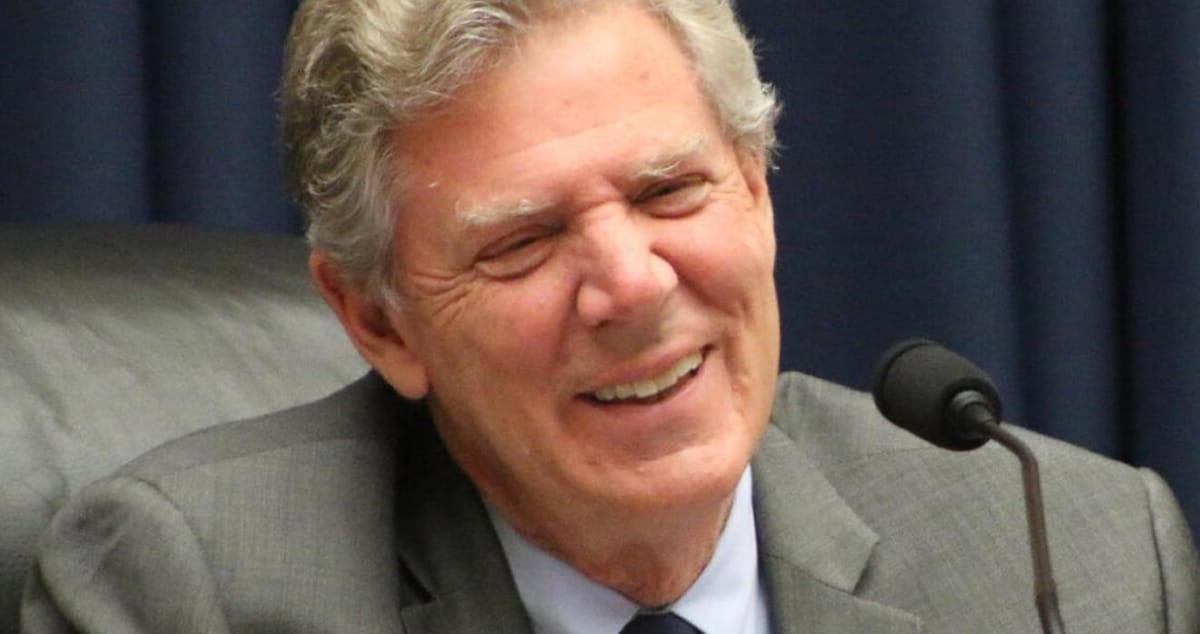Pallone Introduces Bill to Expand FCC Robocall Authorities
FCC Chairwoman Jessica Rosenworcel asked for similar legislation in November.
Jake Neenan

WASHINGTON, January 30, 2024 – House Energy and Commerce Committee ranking member Rep. Frank Pallone, D-New Jersey, introduced a bill on Monday to strengthen the Federal Communications Commission’s robocall authorities.
The Do Not Disturb Act would do away with the current definition of autodialers under the Telephone Consumer Protection Act, which guides the scope of the FCC’s robocall enforcement, and replace the term entirely with “robocall.”
Those would be defined as calls and texts sent “using equipment that makes calls or sends text messages to stored telephone numbers or telephone numbers generated by a random or sequential number generator,” or “using an artificial or prerecorded voice or an artificially generated message” without substantial human intervention.
The bill is in response to a 2021 Supreme Court decision, which limited the definition of autodialers to devices that store or produce phone numbers with random or sequential number generators.
FCC Chairwoman Jessica Rosenworcel testified to the Commerce Committee in November 2023 that this definition left the FCC’s enforcement authorities “stuck in the nineties” and asked for legislation to update the law and allow the agency to go after more scammers.
“Every American with a phone line is facing a never ending deluge of robocalls and texts – at this point, it’s downright harassment,” Pallone said in a statement. “As technology evolves, illegal robocallers are finding new ways to scam Americans and abuse the loopholes created by the Supreme Court’s recent decision to undermine one of the foundations of anti-robocall protections.”
Also in the bill is a provision doubling the maximum fine for using artificial intelligence to violate either the TCPA or telemarketing regulation enforced by the Federal Trade Commission. Callers and telemarketers would also have to disclose the use of AI at the beginning of a call.
The FCC would be directed to put more stringent rules in place for VoIP providers – companies that provide voice services over the internet. VoIPs would have to “verify the identity of each customer and proactively monitor and analyze traffic to determine if robocalls are being made,” and could have call traffic blocked if they do not respond to FCC notices of suspected robocalls.
The commission has been expanding its robocall enforcement efforts, voting in December 2023 to expand rules on robotexts and to take comment on instituting a text authentication scheme similar to its STIR/SHAKEN protocol for voice calls. The FCC also moved to blacklist noncompliant providers, issued cease and desist orders, and issued hundreds of millions of dollars in fines.
For collecting those fines, the commission must turn to the Department of Justice. Witnesses from USTelecom’s Industry Traceback Group and the Department of Commerce told the Senate Communications Subcommittee in October 2023 that DOJ enforcement has been lax.









Member discussion